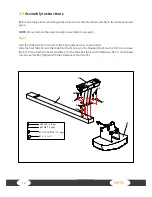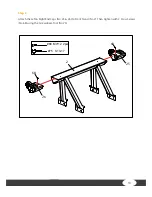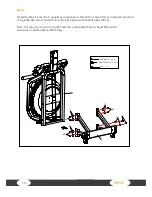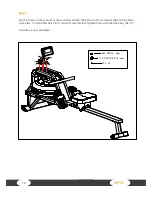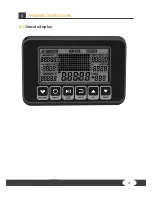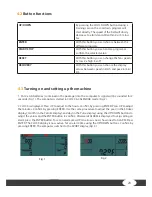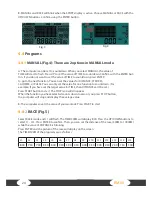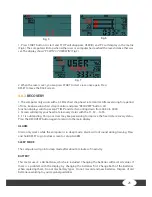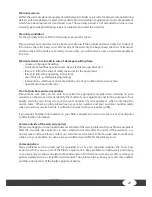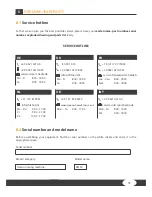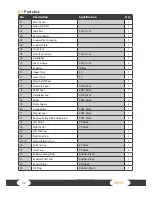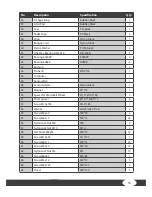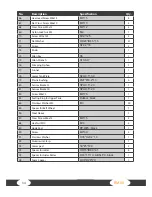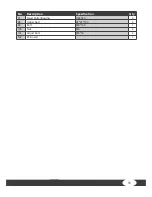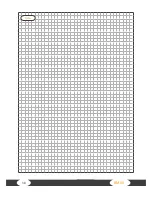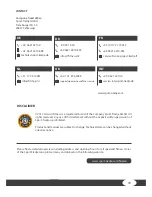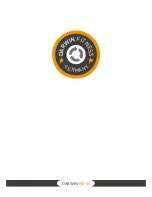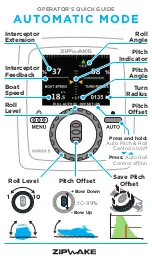
26
RM 50
4.5
Heart rate measuring
Note:
For some people, the skin resistance change caused by the heart rate is so minimal that the
measurements do not allow for usable values. Strong callus or sweat on the hands may also impair a
correct measurement. In such cases, the heart rate will not be shown at all or only incorrectly.
If the measurement is incorrect or not taken at all, please check if it happens to only one person
or to several people. If the pulse display only does not work in a single case, the equipment is not
defective. In this case, we recommend using a chest strap to achieve a permanently correct heart
rate display.
CAUTION: Your training equipment is not a medical device. Different factors may influence the
accuracy of the heart rate display. The heart rate display only serves as a training aid.
Positioning the chest strap and moistening the electrodes:
Place the belt directly below the chest, while the transmitter should be placed on the middle of the
chest. The chest strap should sit comfortably, but not too loose. If the belt is too loose, the contact to
the electrodes may be disrupted or the belt may slip while exercising.
The transmitter turns on automatically once it is put on. In order to allow for a precise measuring, you
should moisten the rubber electrodes. This is best done with a special chest strap contact gel, which
is also used for ultrasound scans.
Note:
If you have not been active in doing sports for a longer period of time, you should first go to your
physician in order to discuss your training with them. You should also contact your physician in
advance in the event of heart problems, high/low blood pressure and obesity.
Training with heart rate orientation
Heart rate orientation guarantees an extremely effective and healthy training. Through your age
and the following table, you can quickly and easily read and determine the optimal pulse for your
training. An acoustic alarm will sound if your heart rate exceeds the set target heart rate. Which target
heart rate is important for which training goal can be found out in the following.
Fat burning (weight management):
The main goal here is to burn deposits of fat. In order to
achieve this training goal, a low training intensity (approximately 55% of the maximum heart rate)
and a longer training period are required.
Cardiovascular training (cardio training):
The primary goal is to increase endurance and fitness
through an improved provision of oxygen through the cardiovascular system. In order to achieve
this training goal, medium intensity (approximately 75% of the maximum heart rate) with a medium
training period is required.
Summary of Contents for RM 50
Page 2: ...2 RM 50 ...
Page 21: ...21 4 OPERATING INSTRUCTIONS 4 1 Console display ...
Page 37: ...37 Notes ...
Page 38: ...38 RM 50 Notes ...

